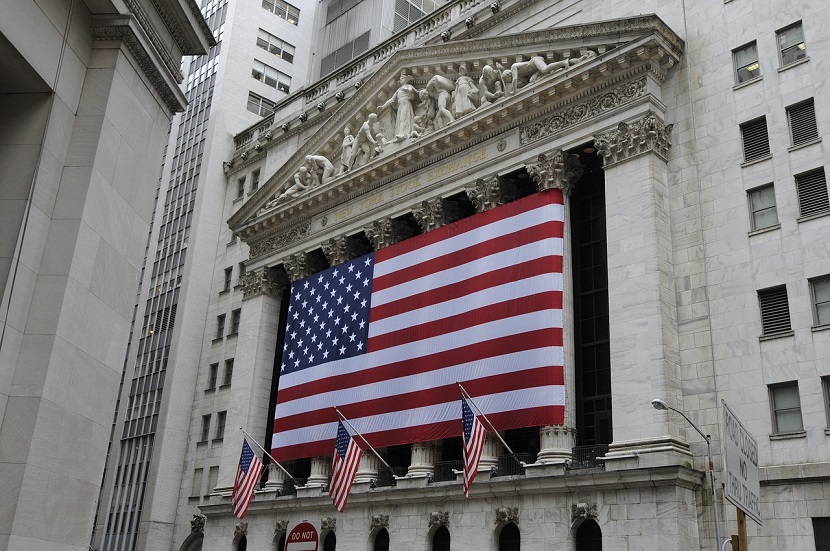US stocks continued to decline in a choppy session on Monday. Investors are bracing for further volatility this week as they worry about an overly aggressive Fed and a wild run in the currency markets.
The Dow Jones Industrial Average lost 300 points, or almost the same percentage, while the S&P 500 plunged about 1% in midday trading. The heavily tech-focused Nasdaq Composite fell 0.4% after losing more than 1% of its gain.
The CBOE Volatility Index, a gauge of short-term market volatility predictions on Wall Street, increased above 31, reaching its highest level since June 17.
The actions follow a severe period of selling that was sparked by rising concerns that interest rate hikes by central bank policymakers to combat decades-high inflation would spark a recession.
After suffering a 4% loss for the week, the Dow Jones Industrial Average set a 2022 low on Friday. The benchmark S&P 500 fell 4.6% over the same time span, closing at 3,693.23, just above its low of 3,666.77 set on June 16.
Additionally, the heavily tech-focused Nasdaq Composite reported a weekly loss of almost 5.1%.
Also, other parts of the market also featured a lot of hesitant movement. Bond prices rose, with the 10-year Treasury yield above 3.82%, the highest level since April 2010, and the rate-sensitive 2-year Treasury note surging past 4.28%, a new 15-year high.
Since Chair Jerome Powell repeatedly warned of economic “pain” in a speech last week, some Wall Street strategists believe that a recession is the Federal Reserve’s best-case scenario as it pushes forward with an aggressive rate-hike campaign to restore price stability.
Raphael Bostic, president of the Atlanta Federal Reserve, however, maintains his conviction that he and his colleagues can control inflation without seriously impairing the labor market, according to his comments in a Sunday interview with CBS’s “Face the Nation.”
Bostic stated that they were going to do everything that they could at the Federal Reserve to avert terrible, profound pain. He pointed out that they still added a lot of jobs each month and believed that the economy had some capacity to absorb their actions.



